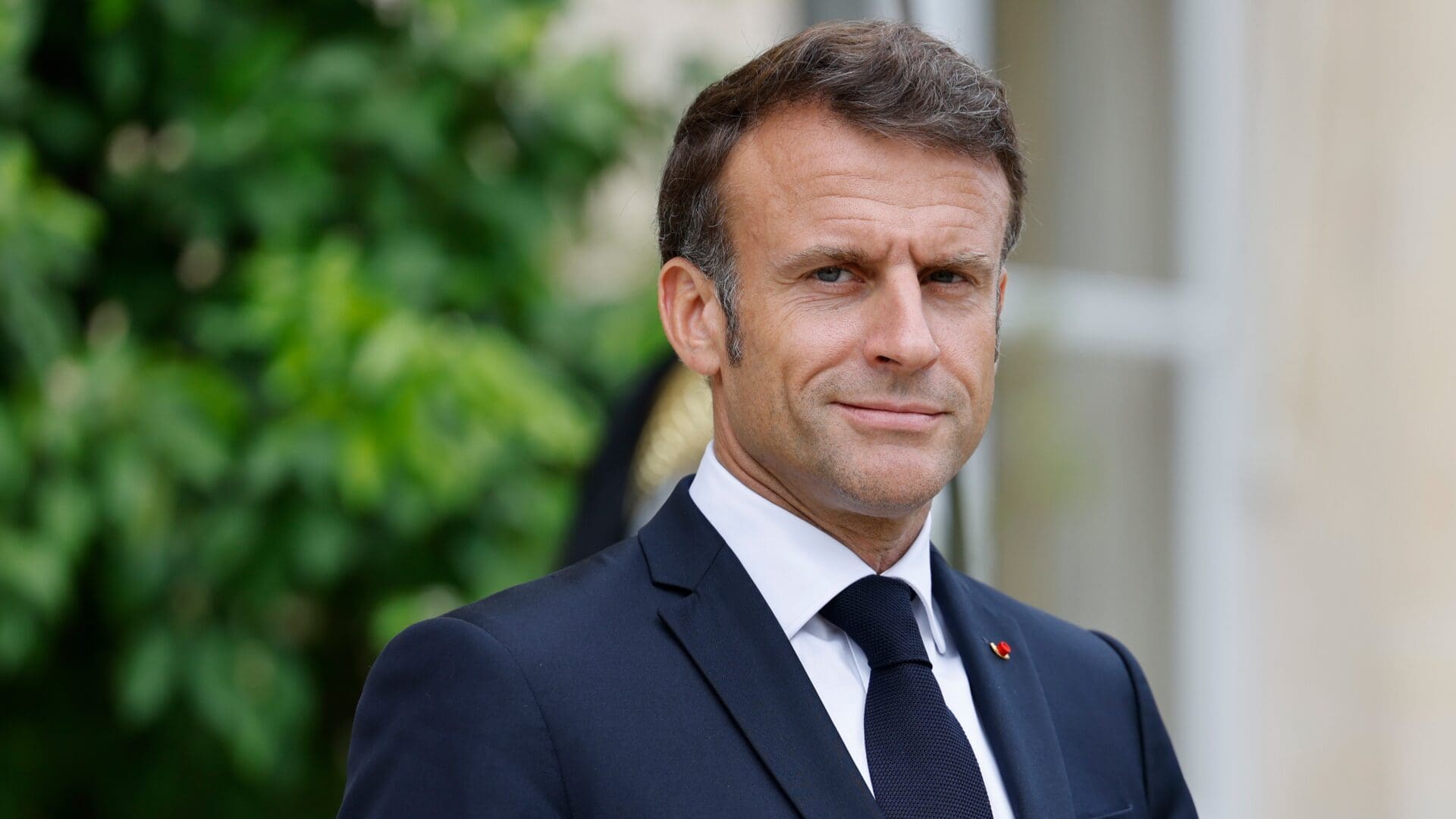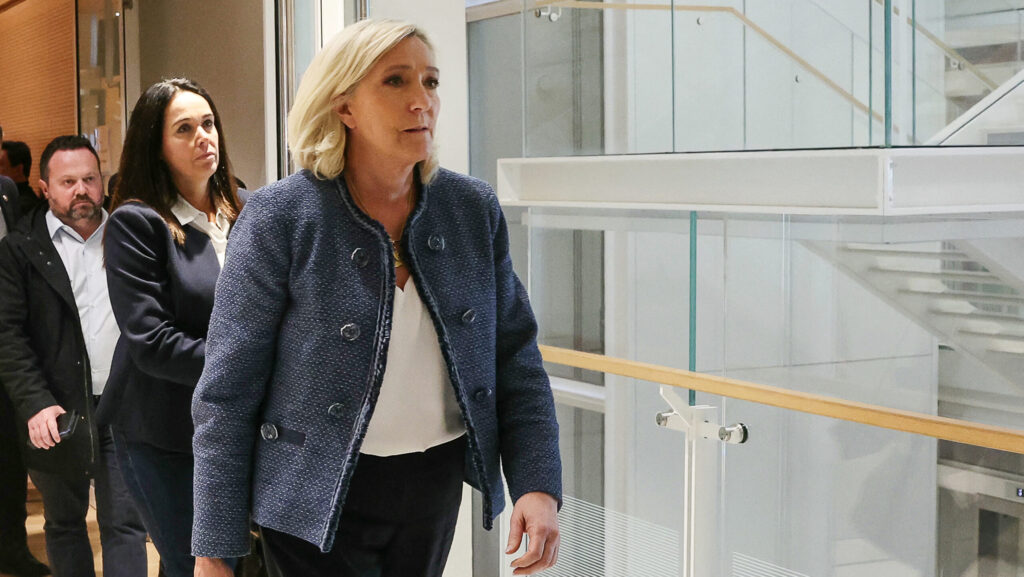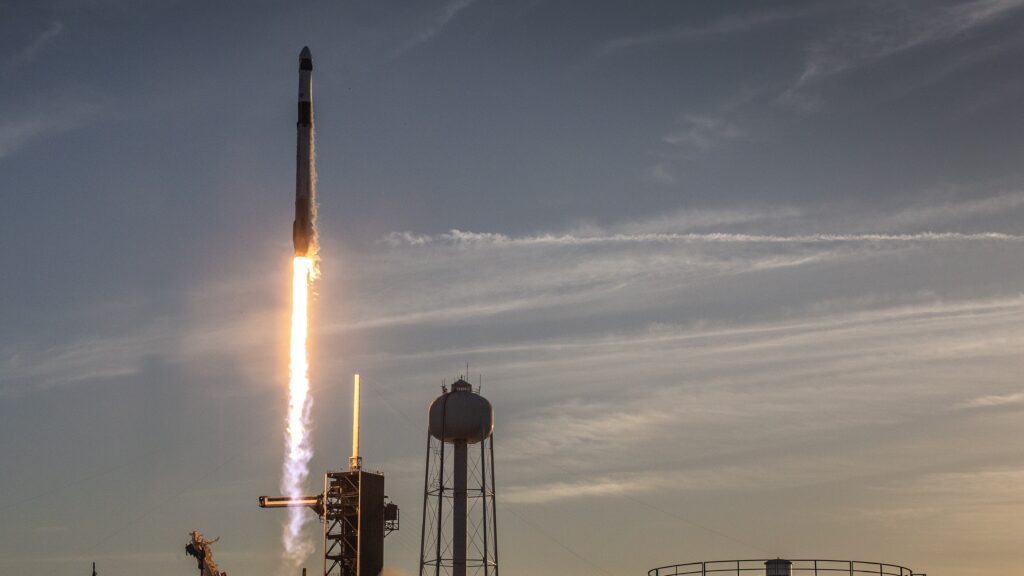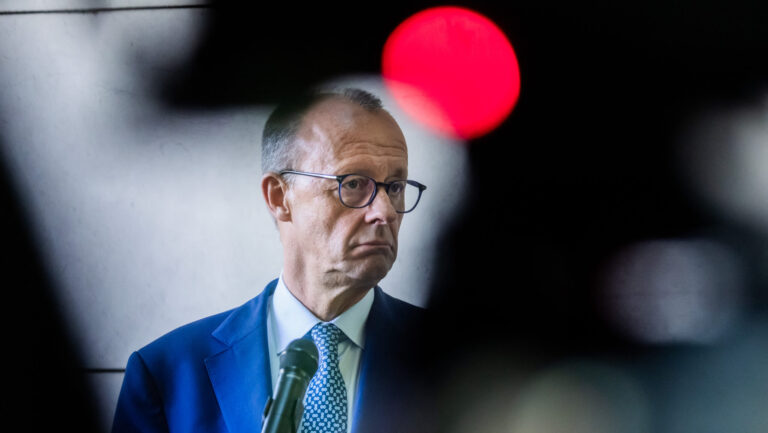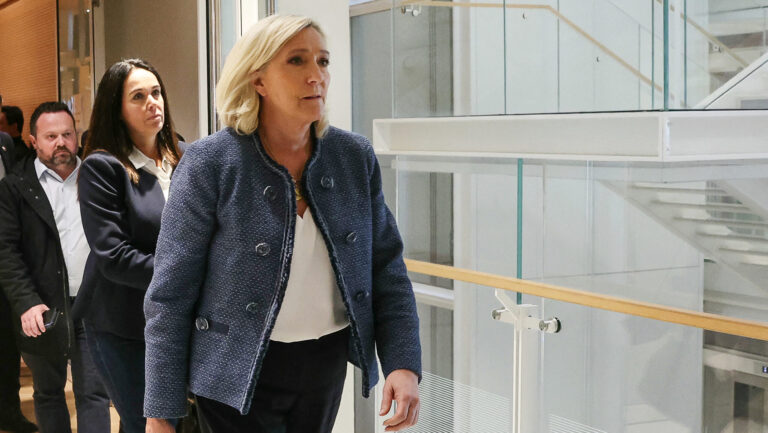Hungary is buying short-range surface-to-air missiles along with other European countries at the initiative of France. With this multinational scheme, French President Emmanuel Macron, a vocal proponent of European strategic autonomy, also seeks to compete with Germany’s proposal for European air defence.
France, Hungary, Estonia, Belgium and Cyprus are to jointly purchase Mistral short-range surface-to-air missiles, French President Emmanuel Macron announced on 19 June. Speaking at the Bourget Conference, held on the sidelines of the 54th Paris Air Show and Defence Exhibition from 19 to 23 June, the French head of state outlined:
’This is a very fine example of sovereign cooperation between Europeans on a range that is entirely relevant and that was not sufficiently covered.’
The five countries have signed a Memorandum of Understanding for the purchase of hundreds of Mistral missiles which is the first joint multinational purchase of this type of military equipment. The joint initiative aims to coordinate European defence procurement and promote interoperability for the benefit of the common defence of Europe. European collective defence has been valorised in the eyes of NATO and European allies following Russia’s full-scale offensive against Ukraine. In this context, air defence is a particularly sensitive area for Europe’s defence, given that European countries have cut their spending on air defence equipment sharply since the end of the Cold War, leaving many countries with obsolete technology.
Diverging Visions on European Defence
This may be why Germany launched a joint European air defence initiative, Euro Sky Shield, last October with 17 countries including the UK, the Baltic states, Sweden and Finland. The initiative involves the purchase and deployment of a German short-range system (Iris-T), a US-made medium-range system (Patriot PAC-3) and an Israeli long-range (Arrow 3) surface-to-air missile system. However, some European countries with huge military capabilities, including Italy, Poland and France, have not signed up for the German proposal. France has criticised the German initiative for ignoring European and world-renowned French defence manufacturers and their products in particular. In recent months, Emmanuel Macron has repeatedly advocated the boosting of the European defence industry, including the purchase of French defence equipment, while stressing Europe’s strategic autonomy. This vision materialised with the proposal, announced by the President himself. Earlier this year, Rome and Warsaw, also wary of the German initiative, had already agreed with MBDA, producer of Mistral missiles, on the purchase of short-range defence capabilities.
’What Ukraine shows is that we can only give Kyiv what we have and produce. What comes from non-European countries is less manageable. It is subject to timetables, priorities and sometimes even authorisations from third countries,’ argued Macron in his speech closing Bourges conference at the Hôtel National des Invalides.
The conference, organised on 19 June on the sidelines of the Paris Air Show, was hosted by France’s Defence Minister Sebastien Lecornu to consult with his European counterparts and iron out differences in European airspace cooperation.
’We have two duties: preparing ourselves to assist Ukraine and reinforcing (NATO’s) eastern flank for the long term,” as well as “getting back to fundamentals we were familiar with during the Cold War but have become relevant again,’ emphasized Lecornu.
The meeting was attended by European defence ministers, including Hungarian DM Kristóf Szalay-Bobrovniczky, and the European Commissioner for Internal Market, Thierry Breton. However, contrary to his earlier indication, German Defence Minister Boris Pistorius was not attending. Officially, Germany has not ruled out integrating a French system into their European air defence initiative, namely the Italian-French joint product, the Mamba medium-range system, but Paris is considering a complete alternative.
Mistrals Are Well Known in Hungary
The Mistral surface-to-air missile, which five countries, including Hungary, now want to acquire, is manufactured by MBDA, a company created by a merger between French, British and Italian missile manufacturers. The development of the missile, which is based on the French SATCP, began in 1974, with the first version introduced into the French army in 1988, and today in active use in dozens of countries, making it a well-known, reliable and proven weapon. The Mistral can be mounted on various military equipment, such as armoured vehicles, and can reach targets up to six kilometres away, making it most effective against drones and helicopters in the field.
Hungary has been using Mistral missiles for several years, and they have already been upgraded as part of the Zrínyi 2026 force development programme, Tamás Csiki Varga, a chief research fellow at the Strategic Defence Research Institute of the National University of Public Service, told Telex. Thus, as part of the current procurement, the Hungarian Defence Forces are only buying missiles for the existing launch sites.
In addition to short-range missiles, the Hungarian Defence Forces have also started to procure medium-range air defence systems as part of the ongoing force development programme. In November 2020, the Hungarian government decided to acquire the NASAMS-3 (Norwegian Advanced Surface to Air Missile System) medium-range system developed by the US and Norway, which will be deployed by 2025 in Hungary. In connection with this, Hungary has also signed on the procurement of eleven ELM-2084 air surveillance, air defence and artillery reconnaissance radars with Rheinmetall Canada in 2020. The equipment, which incorporates the Israeli company IAI ELTA’s active phase-steered (AESA) radar technology, is used in the Israeli ‘Iron Dome’ system as well. In addition, Hungary has joined the German-initiated Sky Shield programme, which will further enhance its capabilities through joint procurement.

